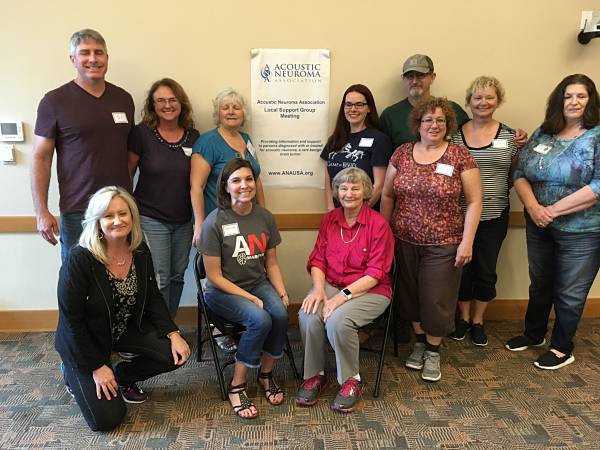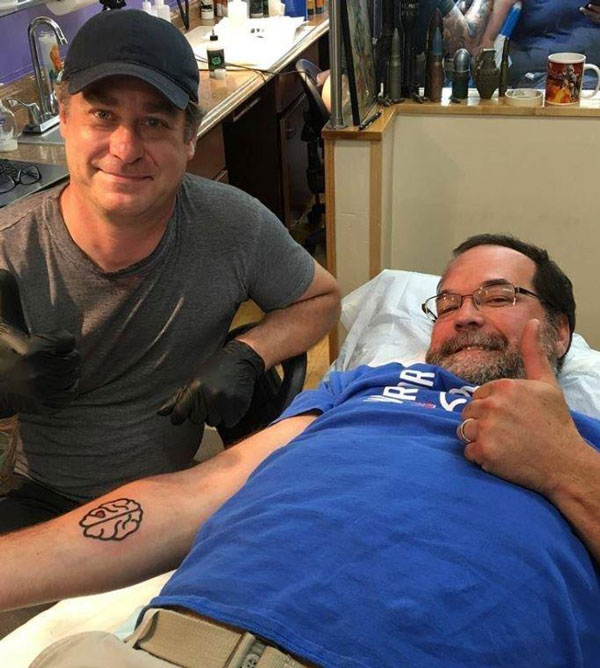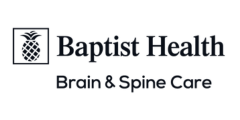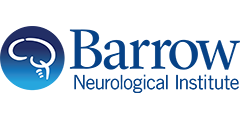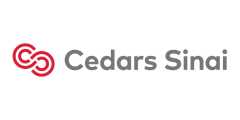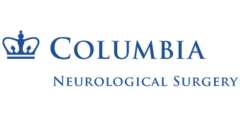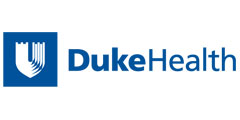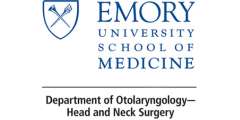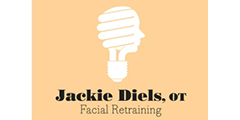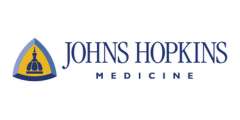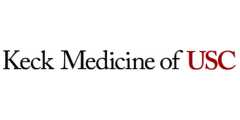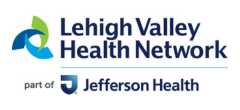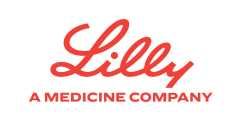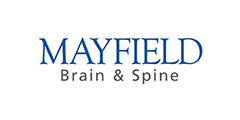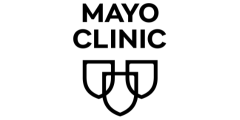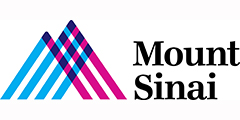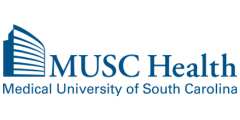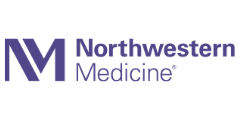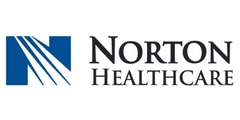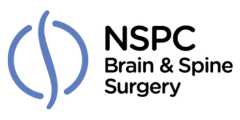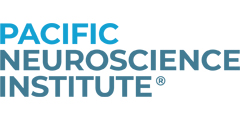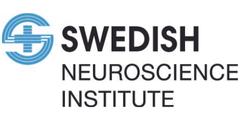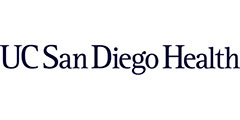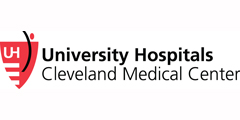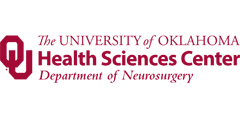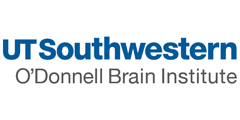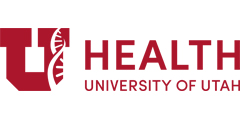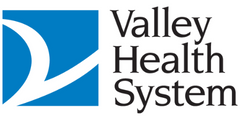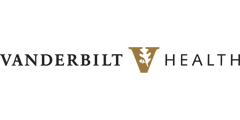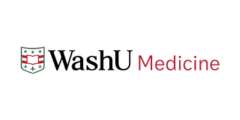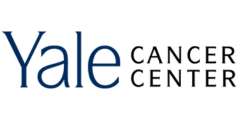- Details
Resources for Young Adults
The ANA provides the following resources to help bring young adults with ANs together and find information and support.
Young adulthood is a time of many life changes, such as starting a job, a family, going to college, and moving into new living situations. It is also especially challenging to manage these life changes in addition to the diagnosis and treatment of acoustic neuroma.
There are no age restrictions to participate in the ANA's Young Adult Programs. If you need support and want to make connections, we welcome you to join us.
Young Adult Facebook Group
This is a closed group Moderated by ANA Staff and Volunteers.
Young Adult Online Support Group
The group meets several times a year via Zoom and is moderated by ANA Peer mentors.
For more information, contact:
Emily Truell, Peer Mentor/Support Group Leader, anayoungadults@gmail.com
Michelle Nemeth, Peer Mentor/Support Group Leader, michelle.f.nemeth@gmail.com
Melanie Hutchins, Manager, Volunteer Programs, volunteers@anausa.org.
Peer Mentor Program
Peer Mentors are volunteers who are acoustic neuroma patients and caregivers that are willing to talk about their acoustic neuroma experience. They provide information, encouragement, and support to other acoustic neuroma patients via telephone, email and video chat. A list of peer mentors is provided in our free patient kit and is available in our member section. Please contact us to request a peer match today.
- Details
ANA Contributors
The Acoustic Neuroma Association greatly appreciates the support of our generous donors. Contributions from patients, caregivers, volunteers, friends, family, and members of the medical community continue to make a tremendous impact.
The mission of the Acoustic Neuroma Association involves education, communication, engagement, support, access to vital information, research, events, and partnerships with leading medical professionals. Services and benefits available to patients and their families continue to grow, and your contributions make all of that possible.

ANArchAngel
($5,000 and above)
Anonymous
Jeffrey D. Barr
Danielle & Paul Collins
Sylvia DeSantis
Paul Larsen
George Tacusis
ANAngels
($2,500-$4,999)
Benevity Causes
Tracy Schwimmer
The Boeing Company Gift Matching Program
The Integra Foundation
Cindy & Wayne Varnadore
Grand Benefactors
($1,000-$2,499)
Alice + Olivia, LLC
Kimberly Ary
Randall Berger
Charities Aid Foundation America
Robert Chernoff
CFC Combined Federal Campaign
Mike and Kathy Hill
Martha and Alexander Huberts
Doris Johnson
Maryann Mugel
PayPal Charitable Giving Fund
Jim Shea
Windham Brannon Foundation
John Zipprich II
The Acoustic Neuroma Association has taken great effort to ensure accuracy as we express our appreciation. If you notice an error or have a question concerning your contribution, please contact Jim Shea at director@anausa.org or 678-968-4705.
*This list includes contributions made 1/1/25 - 6/30/25.
- Details
Learn More About the ANA
Acoustic Neuroma Association
2555 Northwinds Parkway
Alpharetta, GA 30009
The ANA is a 501(c)(3) nonprofit organization (Tax ID 23-2170836)
- Details
Resource Library - Learn About Acoustic Neuroma
- Details
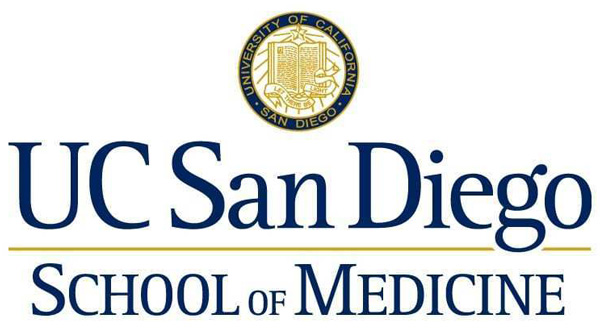
Epidemiological Survey of Acoustic Neuroma: An Identification of Risk Factors in the United States
You are being invited to participate in a research study titled “Epidemiological Survey of Acoustic Neuroma: An Identification of Risk Factors in the United States.” This study is being conducted by Jeffrey Bernstein, MD, Omid Moshtaghi, MD, Kareem Tawfik, MD, and Rick Friedman, MD, PhD, from the University of California – San Diego (UCSD).
As you may be aware, acoustic neuroma, or vestibular schwannoma, is a benign type of brain tumor. As scientists and doctors, we want to better understand which lifestyle factors – if any – play a role in causing acoustic neuromas to develop. Additionally, if you have a history of this condition, we are interested in learning more about your experience.
The study is open to all interested persons. Please set aside a time to participate in full, as partial responses cannot be counted.
STUDY DETAILS:
Participation in this study is entirely voluntary and involves only the completion of an online questionnaire. The questionnaire will take up to approximately 30 minutes to complete, and must be completed in one sitting. This questionnaire will ask about your medical history (including symptoms of acoustic neuroma; diagnoses of: cardiovascular disease, diabetes, asthma, allergies, eczema, hay fever; prior treatments for cancer; prior medical imaging or radiation exposure), places where you have lived, your work, and your habits. Your responses will be kept confidential and will not be shared with third parties. You do not have to answer every question if you do not want to, however, the more questions you answer, the more helpful your responses will be to our study.
BENEFITS:
There is no direct benefit to you for participating in this research study. You will not be compensated for your time. However, if you do choose to participate, you will have our immense gratitude. Importantly, any further understanding we obtain about acoustic neuroma may someday help people to avoid developing this condition or serve to help doctors better treat this condition.
RECRUITMENT SUPPLEMENT (FOR PATIENTS ONLY):
If you are a patient with a history of acoustic neuroma, we wish to compare your responses with those of people in your life who do not have acoustic neuroma. This would serve as a control group. To accomplish this goal, at the end of your questionnaire, we will ask you to provide up to three (3) email address of close contacts. (Examples: a co-worker, your spouse, or a close neighbor.) This is an optional part of the study and is not required to participate. You will not be penalized if you choose to not provide close contacts.
Close Contact Requirements:
- Not a biological/blood relative (Spouse is ok)
-Have lived in the same city/town as you for ≥ 5 of the last 20 years immediately prior to your diagnosis of acoustic neuroma
-Currently over the age of 18
For any Close Contact email addresses you provide, we will contact them to participate as a healthy control in this study. We will reveal your name as a referring source. This will imply you have had a diagnosis of acoustic neuroma. We will not reveal any of your other question responses to your contacts.
RISKS OF PARTICIPATION:
There are minimal risks associated with this research study. These include loss of personal health information including your name, age, and select aspects of your medical history. We will take every measure to prevent the risk of loss of personal health information by keeping your data in confidential, password-protected storage and we will not share any information with third parties. Research records will be kept confidential to the extent allowed by law and may be reviewed by the UCSD Institutional Review Board.
PARTICIPATION RIGHTS:
Your participation in this study is completely voluntary and you can withdraw at any time by simply exiting the survey. Choosing not to participate or withdrawing will result in no penalty or loss of benefits to which you are entitled. You are free to skip any question that you choose.
QUESTIONS:
If you have questions about this project or if you have a research-related problem, you may contact Jeffrey Bernstein at UCSD.AN.Study@gmail.com. If you have any questions concerning your rights as a research subject, you may contact the UCSD Human Research Protections Program Office at 858-246-HRPP (858-246-4777).
"By clicking the Participate button and proceeding to the survey, I certify that I have read the above consent form,
I am over 18 years of age, and I agree to participate. (US Residents Only)"

